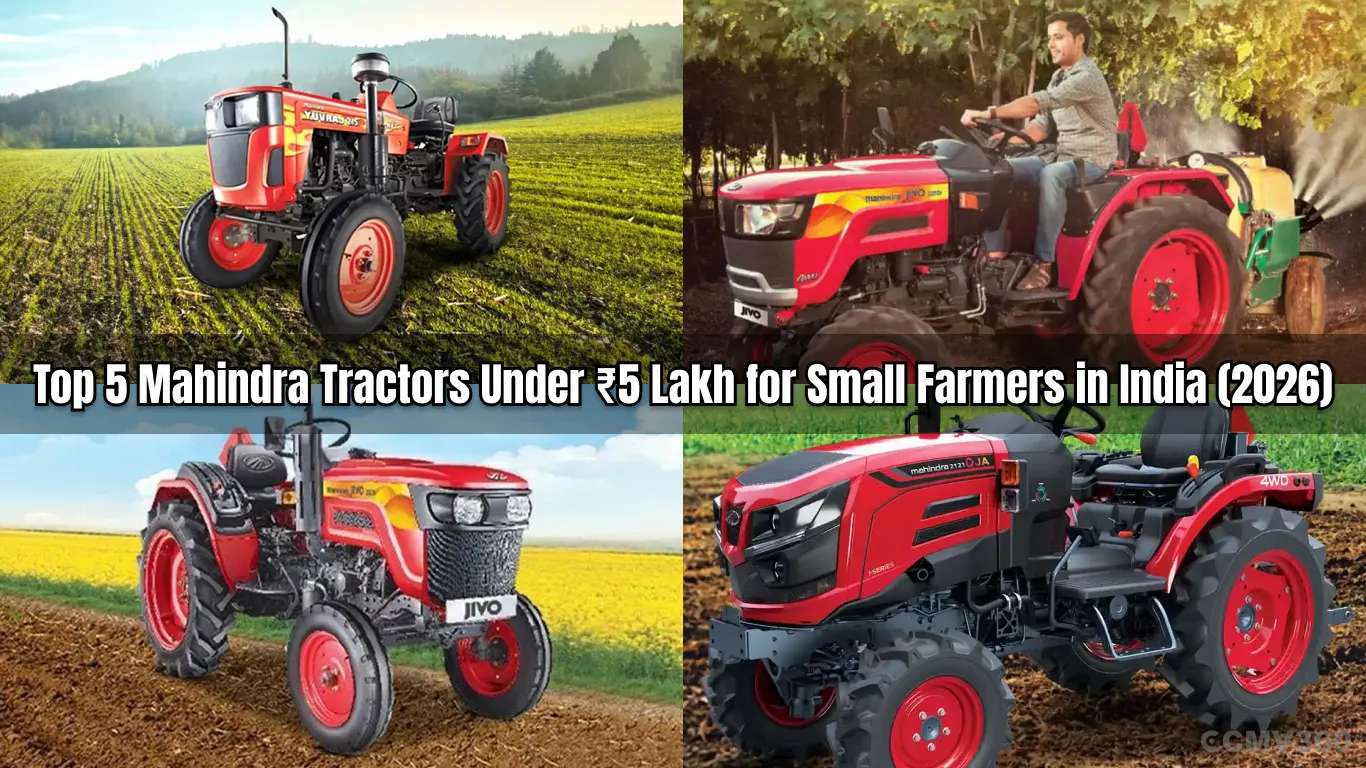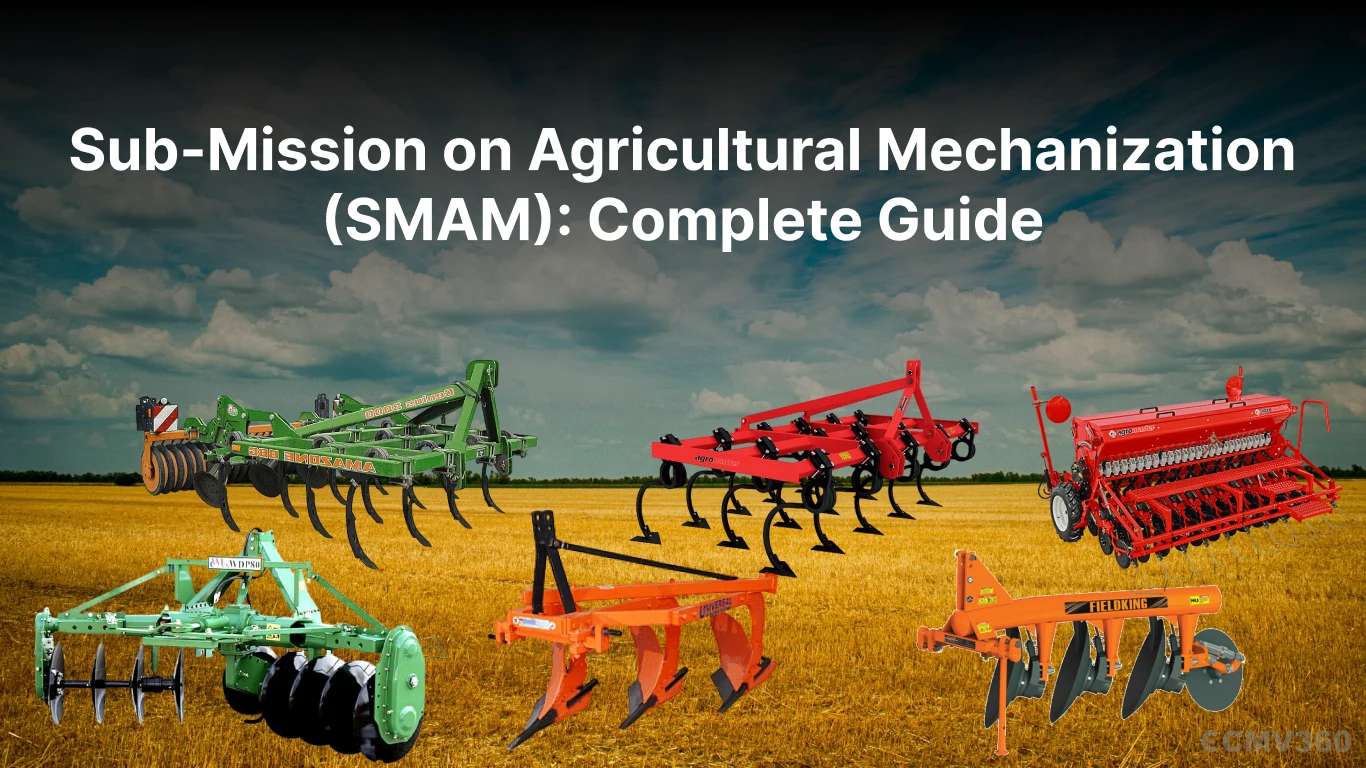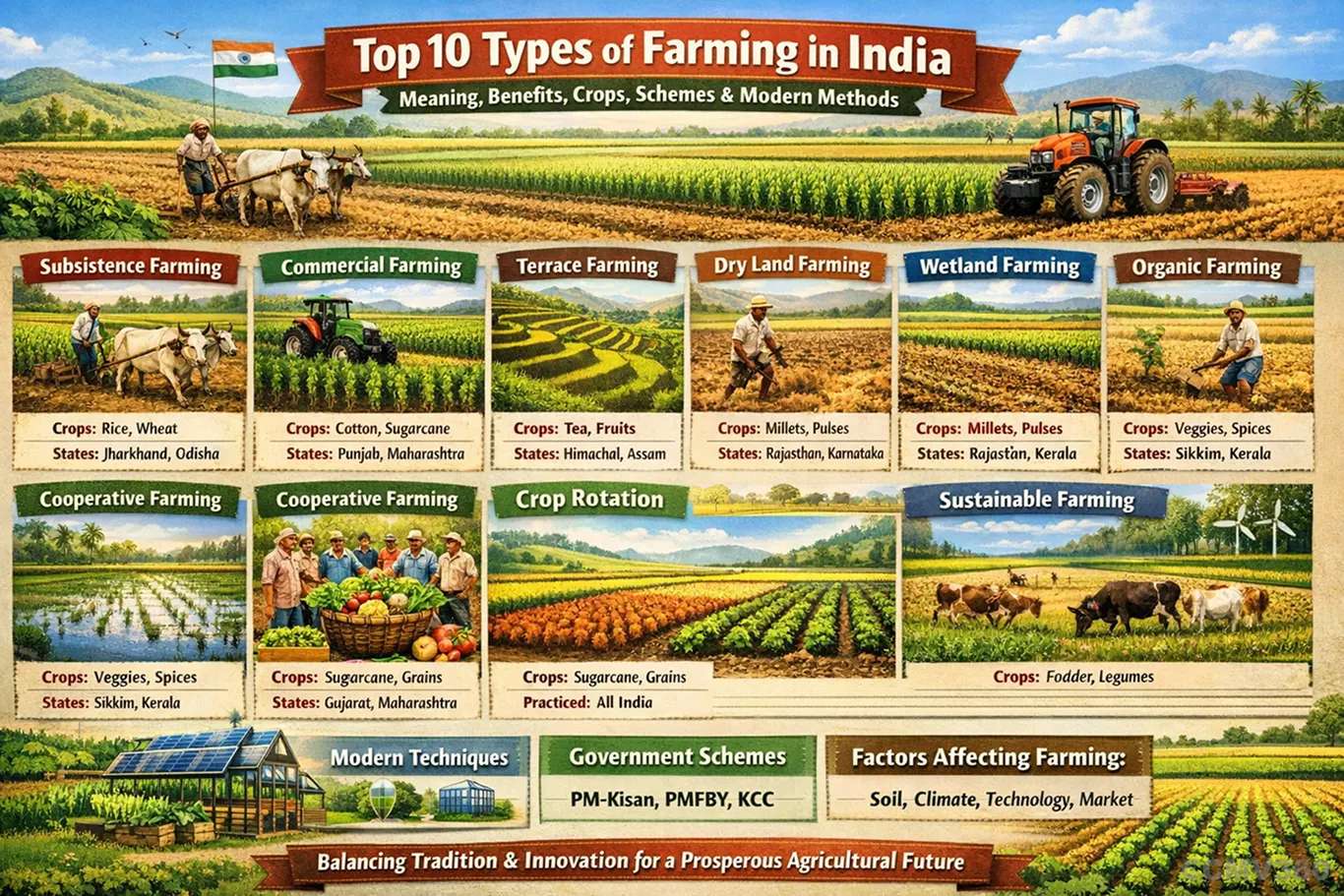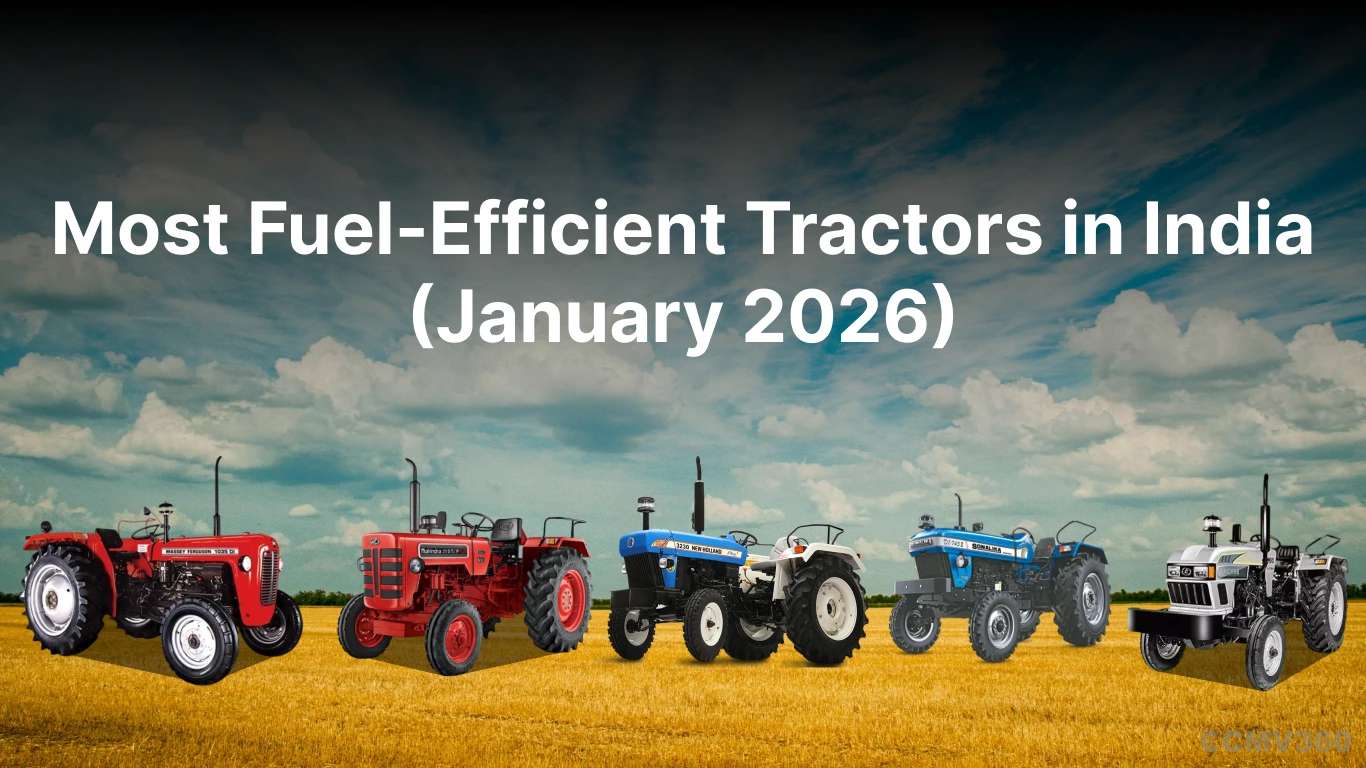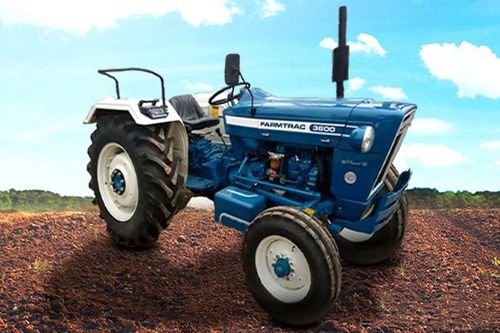Ad
Ad
Easy Farming Tips to Take Care of Your Crops in Summer

Summer in India can be very harsh, especially for farmers. The intense heat, water shortage, and increased risk of pest attacks make it difficult to maintain healthy crops. During this season, proper care of crops and livestock becomes even more important to ensure good yield and long-term sustainability.
In this article, we bring you simple and effective summer farming tips that are easy to follow and specially suited for Indian farmers. These tips include smart irrigation practices, soil care, crop selection, pest control, and livestock management, everything you need to protect your farms during the hot months.
Also Read: Modern Tractors and Precision Farming: Transforming Agriculture for Sustainability
Smart Water Management for Summer Crops
Water is the most important resource in farming, and in summer, managing it wisely becomes even more crucial. Crops require more water in hot weather, but with water scarcity common during this time, farmers must use efficient techniques.

Irrigation Tips for Summer
Use drip irrigation or sprinkler systems: These systems help deliver water directly to the roots of plants, reducing wastage and ensuring even distribution. They are ideal for water conservation.
Irrigate during cooler hours: Water your crops early in the morning (6 AM–9 AM) or late in the evening (5 PM–7 PM). This reduces water loss due to evaporation.
Irrigate regularly but not excessively: Depending on the crop, irrigate every 3 to 5 days. Always check the soil moisture before watering.
Install soil moisture sensors: These sensors help farmers understand when and how much water is needed, avoiding under- or over-irrigation.
Never let the soil dry completely: Dry soil can lead to plant stress and poor yield.
Use Mulching to Retain Soil Moisture
Mulching is an easy and low-cost technique to protect soil and retain moisture.
How to mulch: Cover the soil with dry grass, straw, leaves, or crop residue.
Why mulch: It keeps the soil cool, reduces the need for frequent irrigation, suppresses weed growth, and improves soil fertility.
Extra benefit: It prevents erosion and adds organic matter to the soil as it breaks down.
Maintain Soil Health with Organic Practices
Healthy soil leads to healthy crops. Summer heat can damage the soil structure and reduce fertility, so extra care must be taken.
Tips to Improve Soil Health
Conduct soil tests before sowing: Know your soil's nutrient levels and pH to choose the right fertilizers or amendments.
Use organic compost and cow dung manure: These improve soil structure, increase water retention, and add essential nutrients.
Avoid excessive chemical use: Overuse of fertilizers and pesticides harms the soil and reduces long-term productivity.
Practice crop rotation and intercropping: Rotating crops keeps soil nutrients balanced, reduces pests, and boosts overall yield.
Avoid deep tilling during summer: Too much tilling can dry out the soil and lead to erosion.
Choose Heat-Tolerant Summer (Zaid) Crops
Selecting the right crops for summer is important. Zaid season crops are specially grown between March and June and are more heat-resistant.

Suitable Crops for Summer
Vegetables: Okra (ladyfinger), cucumber, chilies, eggplant (brinjal), tomato, bitter gourd, gourd, pointed gourd, and tinda.
Fruits: Watermelon, muskmelon, mango, papaya, vine fruits, litchi, jamun.
Grain crops: Sorghum, millet (bajra), maize (corn), urad (black gram), green gram (moong).
Plan Crop Cycles by Season
Kharif Season (June–October): Rain-fed crops like rice, cotton, and soybeans.
Rabi Season (November–April): Winter crops like wheat, mustard, and gram.
Zaid Season (March–June): Short-duration crops like melon, cucumber, and maize.
Also Read: Top 10 Rice-Producing States in India 2024: Rankings, Insights, Cultivation & Trends
Protect Crops from Intense Heat
Extreme summer heat can damage young plants and reduce fruit quality. Farmers can take extra steps to reduce heat stress on crops.
Ways to Protect Crops
Use shade nets or temporary sheds: Cover nurseries or sensitive vegetable crops with nets or old sacks to lower the temperature and protect them from direct sunlight.
Plant trees around field boundaries: This creates natural shade, reduces wind speed, and maintains cooler temperatures near crops.
Monitor and control pests: Heat increases the chances of pest attacks. Use organic pesticides and observe the fields regularly.
Diversify crop varieties: Mixing different crop types reduces the risk of total loss due to heat or disease.
Effective Weed and Pest Control in Summer
Weeds and pests compete with crops for water and nutrients, especially during summer when resources are already limited.
Weed and Pest Control Tips
Mulching: Besides conserving moisture, mulch also suppresses weed growth.
Manual weeding: Remove weeds manually at regular intervals to avoid spreading.
Use organic pest control methods: Neem oil sprays, fermented cow dung solutions, and bio-pesticides are safer alternatives to chemical pesticides.
Practice crop rotation: Changing crops every season disrupts pest cycles and improves soil health.
Regular field inspection: Catch problems early by walking the fields and checking for signs of pests or disease.
Livestock and Poultry Care in Summer
Animals also suffer from heat stress during summer. Proper care can help maintain their health and productivity.
Tips to Protect Livestock
Provide cool, fresh drinking water at all times.
Keep them in shaded areas or construct temporary sheds to block direct sunlight.
Use fans or sprinklers to cool down animals during peak heat hours.
Feed them during cooler hours—either early morning or late evening.
Supplement feed with vitamins and electrolytes to maintain strength and health.
Clean shelters regularly to prevent the spread of diseases.
Equipment and Farm Maintenance
Farming tools and machinery like tractors are heavily used during summer. Well-maintained equipment helps in smooth farming operations.
Maintenance Tips
Clean all farm equipment regularly to remove dust and crop residue.
Inspect for wear and tear before the season begins.
Schedule maintenance or repairs to avoid mid-season breakdowns.
Keep extra parts or tools ready for quick fixes during emergencies.
Also Read: Top 6 Maintenance Tips to Boost Your Tractor’s Performance in Summer
Key Summer Farming Tips
Practice | Why It Matters | How to Do It |
Drip Irrigation | Saves water, reaches roots efficiently | Install drip lines, use moisture sensors |
Mulching | Retains soil moisture, controls weeds | Apply straw or leaves around plants |
Crop Rotation | Improves soil, reduces pests | Change crops each season |
Shade Netting | Protects from sun and heat stress | Use nets or sacks over plants |
Early/Late Watering | Reduces evaporation | Water at dawn or dusk |
Soil Testing & Compost | Maintains healthy, fertile soil | Test before sowing, add cow dung or compost |
Livestock Care | Prevents animal heat stress | Use shades, cool water, vitamins, clean shelters |
Pest & Weed Control | Keeps crops healthy and pest-free | Mulch, rotate crops, inspect regularly |
Farm Equipment Check | Avoids breakdowns during critical times | Clean, repair, and inspect before peak season |
Also Read: Wheat Price Forecast for 2025: What to Expect Across Major Indian States
CMV360 Says
Summer farming in India can be challenging, but with proper planning and the right techniques, farmers can protect their crops, conserve resources, and ensure a good harvest. These simple tips, based on guidance from the Horticulture Directorate under Bihar’s Agriculture Department, can help farmers beat the summer heat and improve both productivity and sustainability.
For more support or help with crop protection, farmers are encouraged to visit their nearest agriculture or horticulture department office.
Features & Articles
Top 10 Tractor Brands in India 2026
Explore the top 10 tractor brands in India for 2026 with prices, features, and uses. A simple guide to help farmers choose the right tractor....
23-Jan-26 11:48 AM
Read Full NewsTop 5 Mahindra Tractors Under ₹5 Lakh for Small Farmers in India (2026)
Explore the best Mahindra tractors under ₹5 lakh with prices, features, and comparisons. A simple 2026 guide for small farmers seeking affordable, reliable, and fuel-effi...
22-Jan-26 01:03 PM
Read Full NewsMukhya Mantri Ladli Behna Yojana 2026: Complete Updated Guide to Benefits, Eligibility, Application Process, and Impact
Complete guide to Mukhya Mantri Ladli Behna Yojana 2026 covering benefits, ₹1,500 monthly assistance, eligibility rules, application process, DBT payments, latest updates...
21-Jan-26 12:24 PM
Read Full NewsSub-Mission on Agricultural Mechanization (SMAM): Complete Guide
Complete guide to Sub-Mission on Agricultural Mechanization covering objectives, subsidy structure, eligibility, benefits, funding pattern, and online application process...
16-Jan-26 06:26 AM
Read Full NewsTop 10 Types of Farming Practiced in India 2026: Explained with Crops, Benefits and Schemes
Explore the top 10 types of farming in India with meaning, benefits, crops grown, modern methods, key factors, and government schemes supporting sustainable and profitabl...
15-Jan-26 09:43 AM
Read Full NewsMost Fuel-Efficient Tractors in India (January 2026)
Discover the most fuel-efficient tractors in India for 2026. Compare mileage, prices & specs of New Holland, Mahindra, Sonalika, Massey & Eicher....
01-Jan-26 10:17 AM
Read Full NewsAd
Ad
As featured on:


Registered Office Address
Delente Technologies Pvt. Ltd.
M3M Cosmopolitan, 12th Cosmopolitan,
Golf Course Ext Rd, Sector 66, Gurugram, Haryana
pincode - 122002


